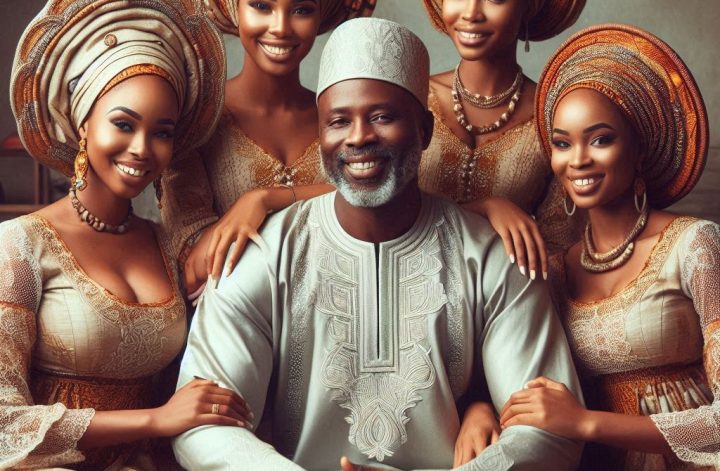“Our thinking has been so influenced by western theologians that we still continue to beat the old missionary drums which summon us to see that our cultural heritage is incompatible with Christianity.” – Rev. David Gitari, Kenyan Anglican Archbishop
A man cannot give what he does not have. We could add to this by borrowing from a Yoruba saying that he who has not been to another’s farm may erroneously assume that his father’s farm is the grandest. These maxims are fair descriptions of the European missionaries who attempted to tackle polygamy on the continent. Coming from a culture where men had multiple unmarried mistresses, the European missionaries were ill-prepared to deal with Africa’s ubiquitous form of marriage: polygyny. Polygyny is a type of polygamy in which a man has more than one wife, and this was a pretty common form of marriage in Africa before and after European encounters. Unsurprisingly, white missionaries assumed the worst about the polygyny they saw in Africa.
The value of this conversation is not merely historical; it holds significant relevance today. Imagine a scenario where Jesus miraculously saves a Muslim man – as he is actively doing throughout the Muslim world today. However, this man has four wives, each with at least three children. When he and his family approach our churches seeking membership, we face a crucial decision. We can either follow the path European missionaries took in the past or embrace better, more effective alternatives. The choice is clear: we must seek Christ-honoring solutions that respect faith and family dynamics.
European Missionaries in Africa
As Douglas Falen writes, European missionaries “struggled with establishing the notions of romantic love and individualism in the face of what they perceived as the unromantic, duty-oriented style of African marriage” (52). Perhaps from a noble heart, they also particularly deemed polygyny as devaluing African women. Indeed, they judged that African men often used their women as pawns in polygynous marriages, as women “were usually the involuntary victims of the custom” (Gitari 3). Notermans echoes a similar thought when she writes that these missionaries to Africa not only “criticised polygyny as an uncivilised, unchristian, and immoral custom as it violated the universal rule of monogamy,” but they also “felt especially sorry for women because they considered them their husbands’ slaves and the powerless victims of an African tradition” (341). Of course, every African has seen a polygynous marriage gone wrong, much like every European has seen a monogamous marriage gone awful. Still, the European characterization of African women as needing salvation from polygynous marriages is not accurate. As we shall see, African women are often willing participants in polygynous arrangements.

